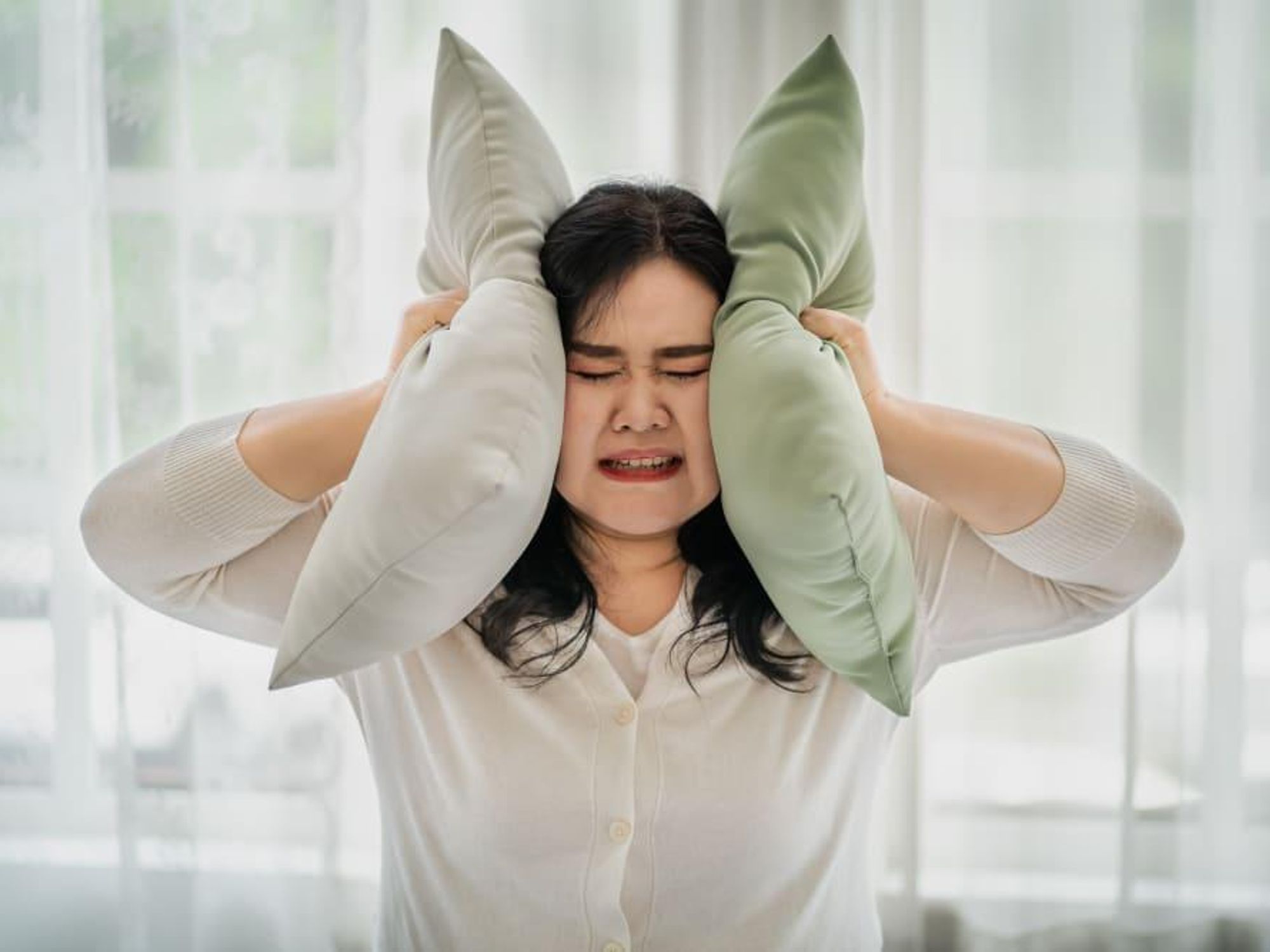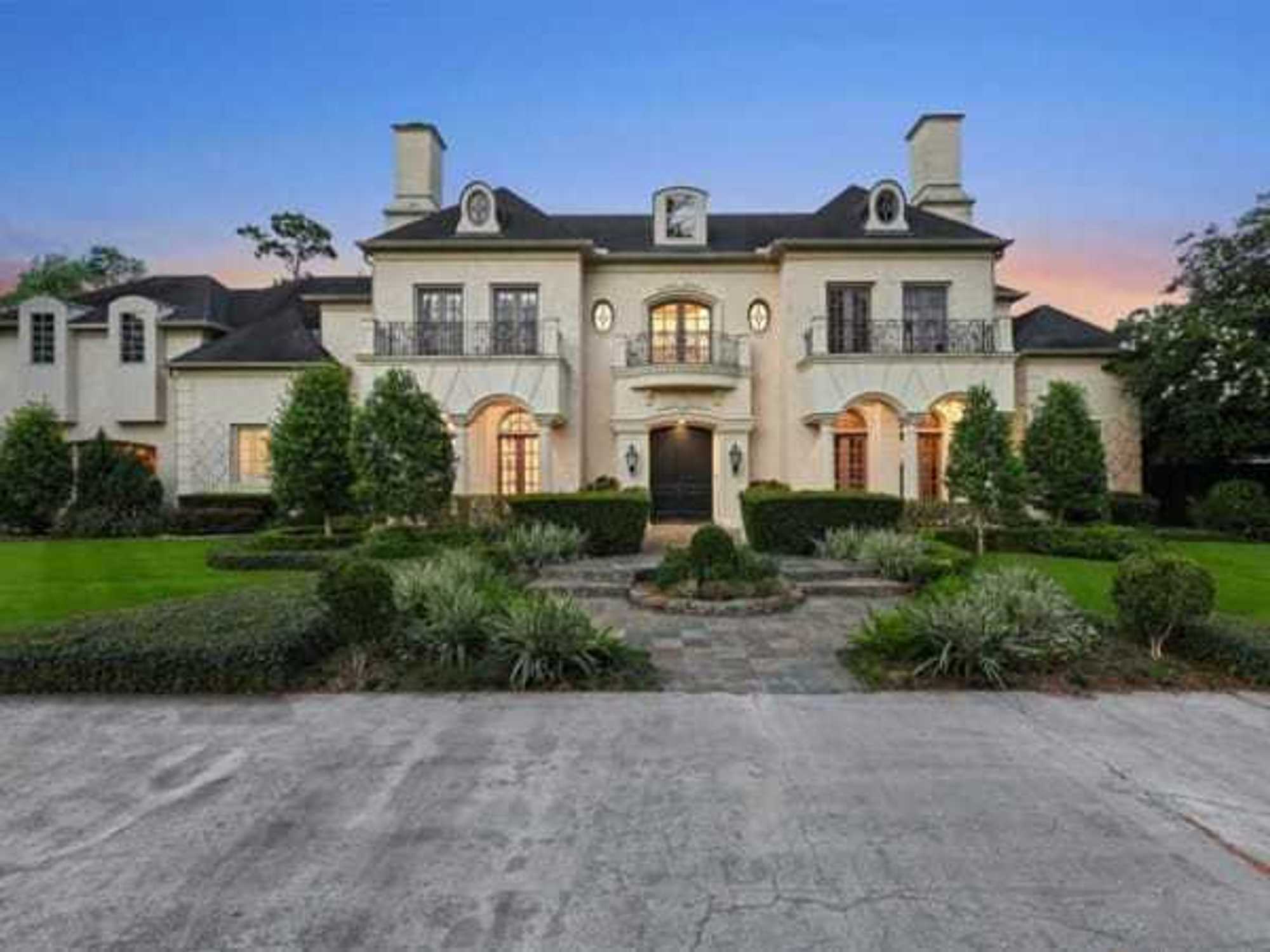a little relief?
City of Houston takes step to quiet noisiest neighborhood bars and clubs

Houston City Council has fired a salvo in an ongoing battle between area bars and nightclubs and residents. City Council voted to approve changes to the city’s Chapter 30 ordinance that regulates noise and sound level regulation on Wednesday, May 4.
The move was introduced by council member Sallie Alcorn (At-Large Position 5). The changes include increasing the maximum fine for violation from $1,000 to $2,000.
Additionally, nightclubs, bars, and restaurants operating within 300 feet of a residence will now have to acquire a new commercial establishment permit for playing amplified sound, which can be heard outdoors after proposed hours: 10 pm Monday through Thursday, and 11 pm Fridays and Saturdays. No commercial establishments will be permitted to play any outdoor amplified sound between 2 am and 8 am.
Long-suffering locals will have to wait a few months for the changes; ordinance revisions take effect in 120 days. Importantly, locals will still have to call the Houston Police Department non-emergency line (713-884-3131) to issue a noise complaint.
Alcorn has taken a primary role in the noise fight since she was appointed chair of the city’s Regulatory and Neighborhood Affairs Committee (RNA), fielding complaints by weary residents dealing with excessive, late-night music and noise from neighboring establishments. She told Houston Public Media that some constituents sleep in their bathrooms an change work shifts due to the noise from noisy neighboring establishments.
“There are some bars which repeatedly violate and flaunt the rules we have on the books, and the city has little recourse,” Alcorn noted in a statement. “This is destroying quality of life in the surrounding neighborhoods. These changes aim to strengthen current rules and bring more businesses into compliance.”
As Community Impact reports, some bars on Washington Avenue have become such repeat offenders that an HPD sergeant identifies the 4.5-mile strip of the major strip known as the Washington Avenue Corridor as the No. 1 problem area in regards to violations of the city’s noise ordinance.
“Our calls for service regarding Washington Avenue for loud noise is just a constant issue out here,” Sgt. Clayton Graham with HPD’s Differential Response Team’s Heights unit told Community Impact. “I know the citizens are beyond fed up with it because I get all their emails.”
Worse for residents, some bars in the area can make between $10,000 to $20,000 an hour. Thus, even the current max noise citation charge of $1000 is hardly a deterrent, Graham noted to Community Impact. “It’s a drop in the bucket to them. They’ve told us it’s the cost of doing business.”
To address bad actors and repeat offenders, these new revisions include a refined administrative hearing process for the suspension or revocation of a permit. This includes a sound impact plan to mitigate loud noise in the neighborhood, with remedies including installation of a sound barrier and ways to better monitor sound amplification equipment.
Written complaints from surrounding property owners may be taken into consideration in the hearing officer's final decision, but will not be the sole basis for suspension or revocation of a permit, a press release notes.
By the numbers, with the new permit, sound cannot exceed 68 decibels if measured from the establishment’s property line and 58 decibels if measured from the property line of a residential home, specifically Sundays through Thursdays from 10 pm to 2 am.
Noise issues have especially affected residents in the Rice Military neighborhood that borders Washington Avenue, with clubs including Standard Bar, Clutch Bar, and Heart being called out during a recent Super Neighborhood No. 22 meeting, as reported by Community Impact.
“At its foundation, our city has the responsibility to provide the basic city services that we all come to rely upon,” said Rice Military Civic Club president Mark Fairchild, in a statement, “but I also believe our city has a duty to its residents that businesses operating in our communities be respectful of their neighbors and abide by applicable laws and regulations. This includes affording residents the right to appreciate the peaceful and quiet enjoyment of their homes without the unwanted intrusion of the noise generated by these bars and clubs that operate so close to our communities. These proposed changes give us hope.”
